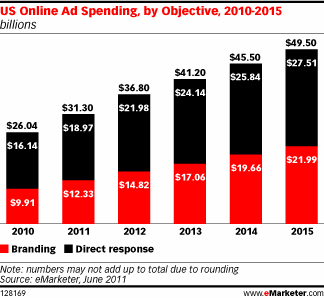For a couple of years now people have been fascinated by Social Networks and how they have impacted our lives. We have seen social networks raise to become some of the most prominent tech companies of our times – Facebook, LinkedIn and Twitter. When you think about it, it makes sense – People want to share, like and interact with others. Social Networks are the natural evolution of online interaction.
However, not all Networks were created equal, and they are not all “Social”. More broadly, in our lives there are three distinct networks that really matter – Social, professional and family (not necessarily in that order). The Social Networks, which can be divided to sub-networks (i.e. friends from college, friends from back home, etc.) was conquered by Facebook. The professional network, the digital extension of one’s rolodex, has been conquered by LinkedIn. The last big network that really matters is the family network.
The social Network builds-up on basic social behavioral needs – Sharing an exciting moment in your life, Peeking at a profile of a potential blind-date, and social conformity (You better like that wedding photo, or else…). Social Networks is where you go when you want to catch-up with your friends and see whats-up. Google+ is trying to rebuild the social network graph, and with the amazing tech machines called Google behind it, it’s bound to have an impact. A lingering question still remains – does the social graph need rebuilding?.
The professional network is quite different. it’s social to the extent that people use it to communicate, but what drives the interaction is very different. It’s not about sharing a moment, it’s more about reaching a goal – Getting an introduction, finding your next exciting position, or poaching a key employee from a competitor. It’s business oriented and driven by a different set of wants and needs, which are not really “social”.
The Family Network is different then anything that came before it, and is even less “social”. Think about how families interact and what they do – families sit down for dinner 7pm, they ask “where are you? when will you be here?”, and they share their lives in different, more intimate, way.
That is exactly why the family network requires a completely different approach. it’s about a private network – not about shouting out to million of fans on Twitter, It’s about staying in sync – not about liking a cool filtered picture, and it’s about people you communicate with daily – not about a random friend you met 10 years ago at a party and can’t even remember why you like.
One big network has been left on the sidelines. Time is ripe for that to change.
Credit for most (if not all) of the inspiration for this post goes to Chris Hulls, CEO at Life360.

